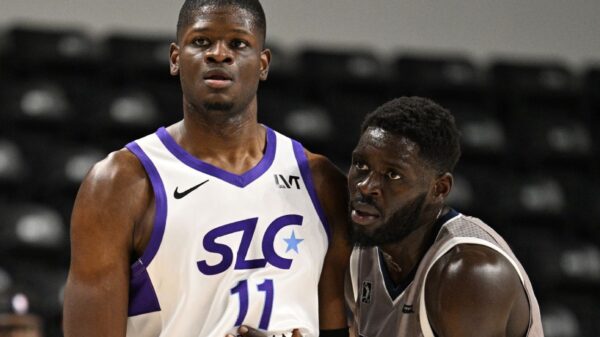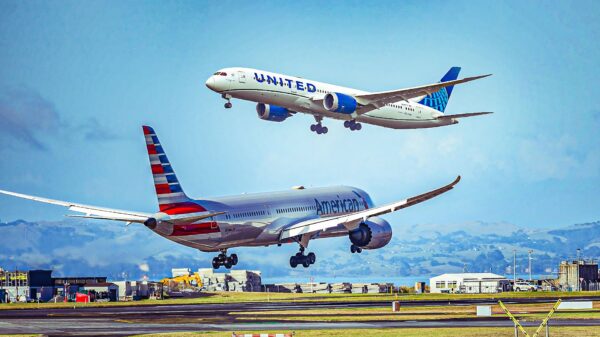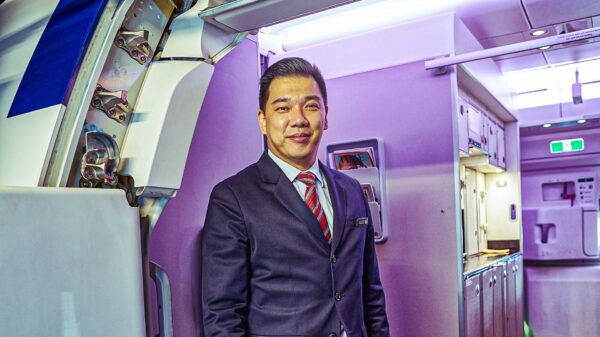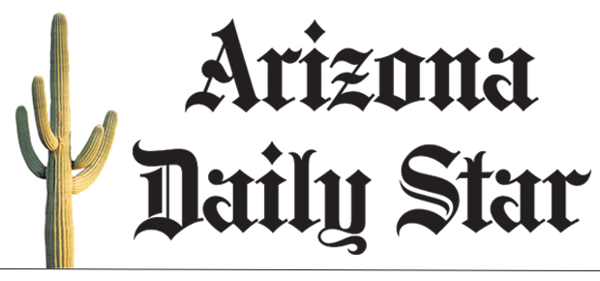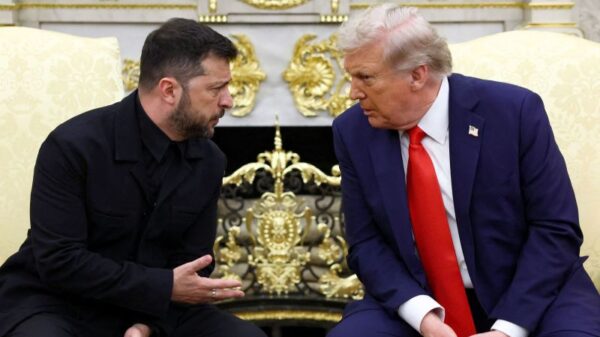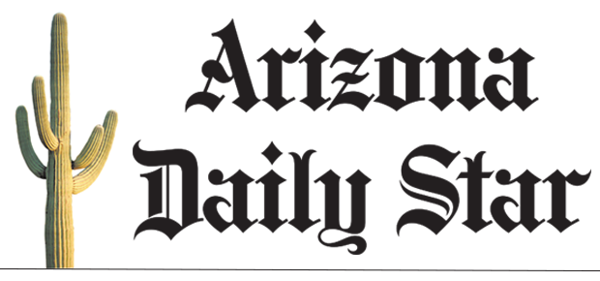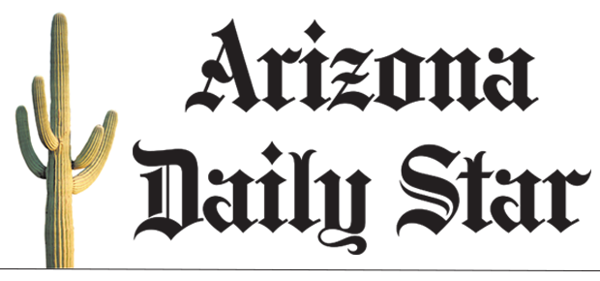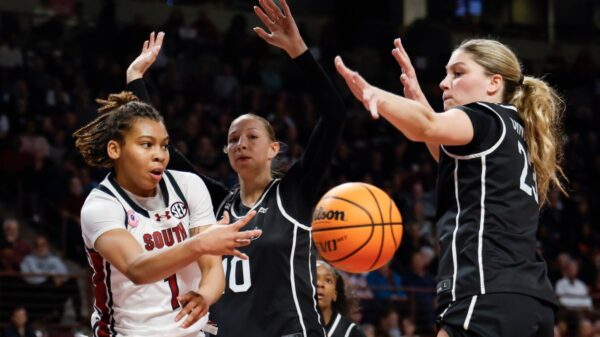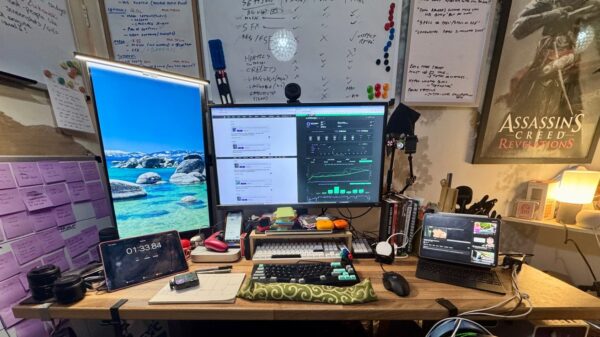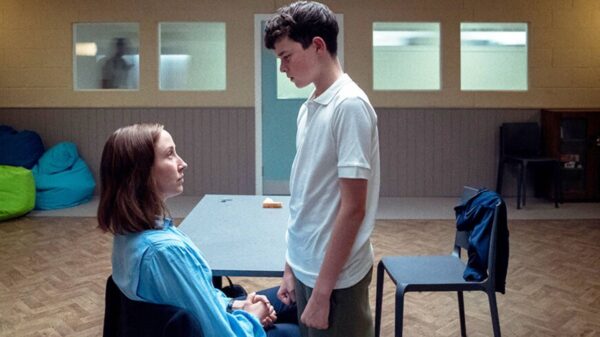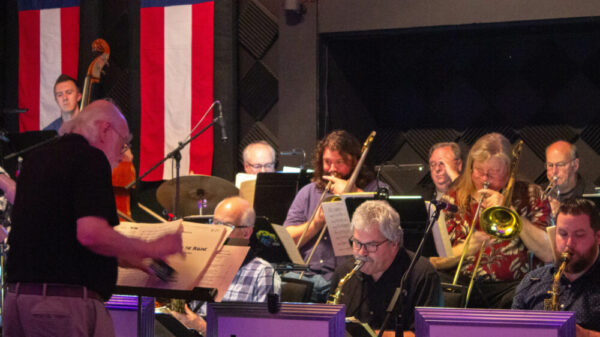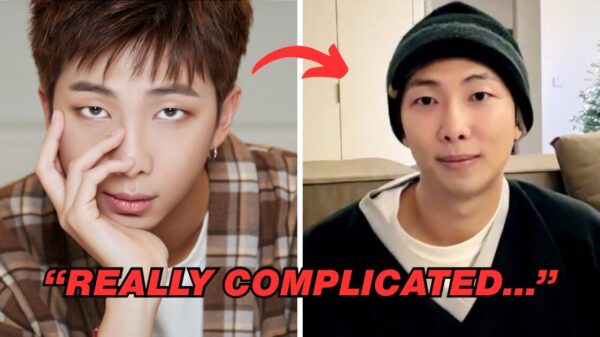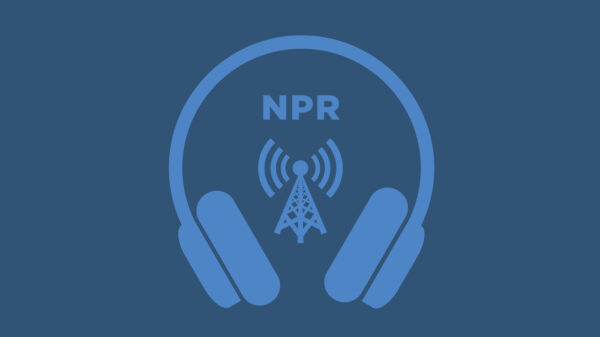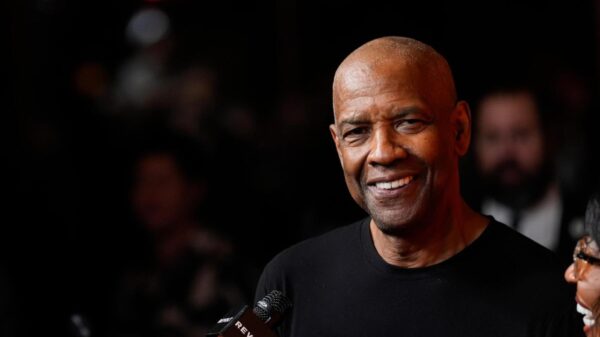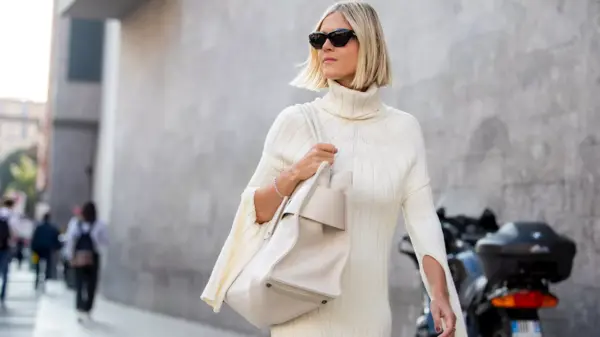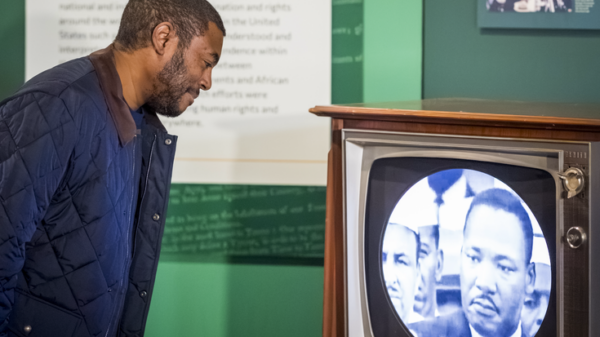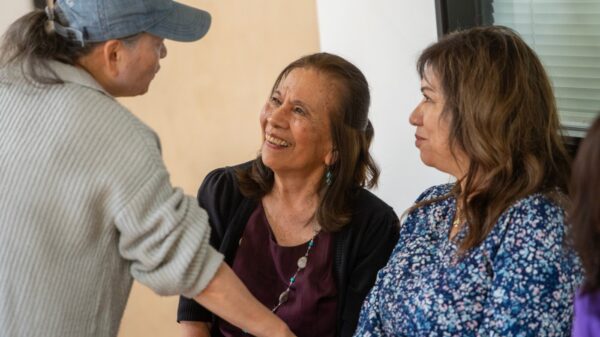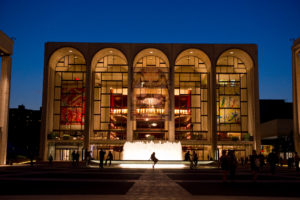The Metropolitan Opera has finalized a significant agreement with the Saudi Music Commission and the Royal Diriyah Opera House. Under this deal, the Met will serve as the resident winter company for the new Royal Diriyah Opera House, which is set to open in Saudi Arabia. This collaboration, outlined in a Memorandum of Understanding, will see the Met perform fully staged operas and concerts in Riyadh for five years, beginning in February 2025.
The arrangement includes three-week performances each winter, featuring renowned operas such as Mozart’s “The Magic Flute” and Puccini’s “La Bohème.” Additionally, the Met aims to contribute to the development of local talent by providing training for aspiring Saudi opera singers, composers, directors, designers, and technicians. This partnership will also involve the commissioning of a new opera, further enhancing cultural exchanges.
According to the New York Times, the financial aspect of the deal is substantial, with the Met expected to receive over $100 million over the five-year period. General Manager Peter Gelb noted that this funding will cover a “substantial portion” of the Met’s financial needs through at least 2032. The agreement allows the company to avoid tapping into its endowment for emergency funds, a decision made necessary by recent financial challenges.
Paul Pacifico, CEO of the Saudi Music Commission, expressed enthusiasm for the partnership, stating, “Music is a universal language that transcends borders, uniting people through creativity.” He emphasized the initiative’s goal of empowering local talents while contributing to a vibrant global arts community.
In support of the agreement, Jerry Inzerillo, Group CEO of Diriyah Company, remarked, “The opening of the Royal Opera House in Diriyah will be a landmark moment in the Kingdom’s cultural journey.” He highlighted the collaboration as a means of building bridges of cultural exchange and providing a global platform for Saudi talent.
The deal has received endorsement from the American Guild of Musical Artists, with Ned Hanlon stating that it represents an important step toward financial stability for the Metropolitan Opera, ensuring that artists and the art form can thrive for future generations.
Despite the positive outlook from various stakeholders, the agreement has raised concerns due to Saudi Arabia’s record on human rights. The country has faced criticism for its treatment of human rights defenders and restrictions on freedom of expression. Issues such as forced labor and discrimination against the LGBTQ+ community are prevalent, prompting activists to question collaborations with Saudi organizations.
When addressing these issues, Gelb defended the Met’s decision to proceed with the agreement. He remarked, “All the democratic governments that I know of are engaged in business with Saudi Arabia.” He added that the survival of the Met must take precedence over personal views on political matters. This stance contrasts with his vocal support for Ukraine’s freedom and human rights, illustrating a complex position in the arts community.
This agreement follows the Met’s hosting of the American debut of the Saudi National Orchestra and Choir in 2022. Moreover, in 2024, the Saudi Arabian government agreed to invest €50 million toward the renovations of the Centre Pompidou in Paris, signifying its growing influence in the arts sector across Europe.
As the Metropolitan Opera embarks on this ambitious partnership, the implications for both the organization and Saudi Arabia’s cultural landscape will continue to unfold, highlighting the intersection of arts, business, and international relations.



